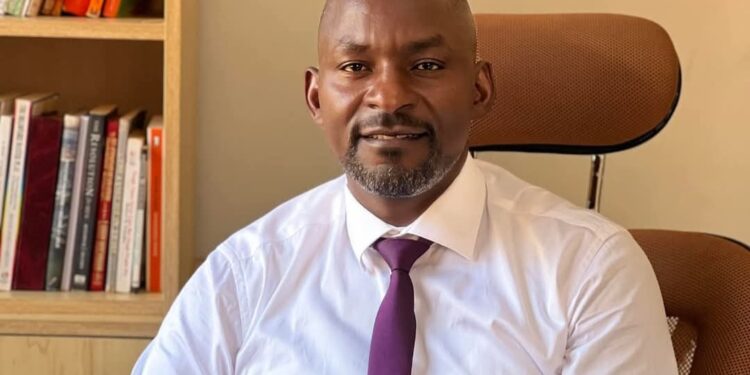In just 9 hours, I flew from Entebbe to Addis Ababa to Ouagadougou. No London layover. No Paris visa hustle. No colonial checkpoint to move between two African countries. That’s progress. President Museveni and his fellow African leaders deserve their flowers for decolonising the air routes of Africa. It’s only 2% of the work, but at least now we can visit our neighbours without first consulting the Queen’s grandchildren.
But while the runways are now African, the cargo remains a heartbreak.
At every airport — Entebbe, Bole, Ouagadougou — the same sad procession. Lines of young African girls, veiled, timid, blank-faced. Not tourists. Not scholars. Not diplomats. Just unprocessed human cargo. Housemaids in transit. Exported like raw coffee. Like we’re still shipping bananas with the peel, while the world sells banana-flavoured ice cream.
We banned raw copper and unrefined timber but forgot to protect the most valuable raw material: our daughters.
On my flight to West Africa, the plane was packed with Chinese engineers, technicians, and chemists. Meanwhile, we, the proud cradle of humanity, are exporting broken dreams and helplessness. Our exports wear hijabs, not headsets. Their luggage carries pain, not patents. And their hearts carry fear, not freedom.
When we export maids, we get back survivors – brave, but often broken. They return with skills that no critical local industry needs. But when we export trained industrial workers, engineers, technicians, nurses, we get back multipliers. Healthy citizens sufficient in skills, ready to plug into our broken systems.
Skilled workers abroad will not just be earning, they’ll be learning. They’ll come back with sharper tools, exposure to new technologies, better work ethics, and cleaner code. They’ll have tested machines, installed systems, managed workflows, and serviced systems that are our future. You plug them into your local industry and — voilà! — instant upgrade.
But what does a maid come back with? Trauma. Culture shock. And sometimes, a suitcase full of regrets.
So while we clap for ourselves for banning raw mineral exports, we must ask: what about our most strategic commodity, our people?
If we’re serious about sovereignty, let’s start with schools. Let’s industrialise our education systems. Export carpenters, masons, coders, and clinicians, not broken dreams wrapped in hijabs.
Because a nation that ships off its women as maids and begs for expat consultants to build its infrastructure isn’t poor, it’s just confused.
Africa isn’t poor. She’s just exporting the wrong people. Let’s process our people first and export smarter.
Do you have a story in your community or an opinion to share with us: Email us at editorial@watchdoguganda.com













